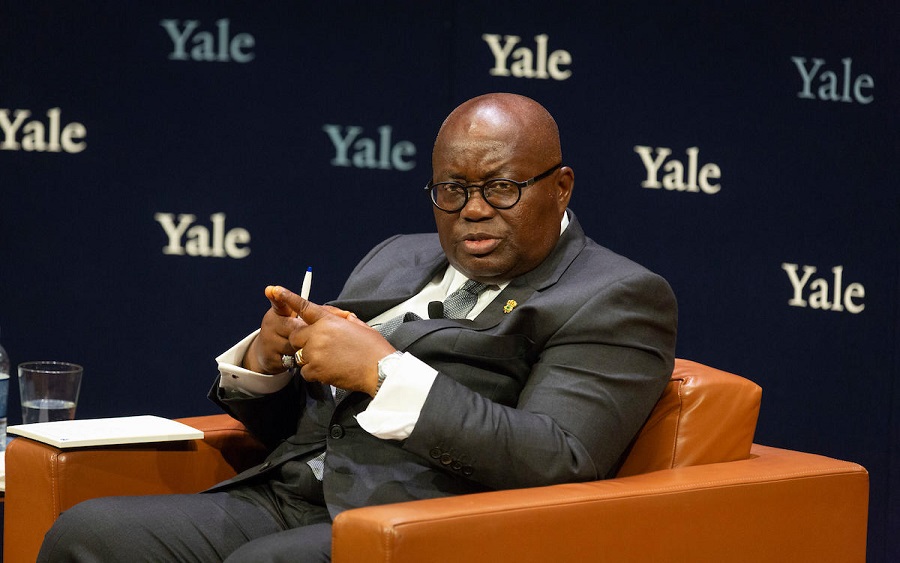The Executive Board of International Monetary Fund (IMF) has approved the disbursement of $1 billion to be drawn under the Rapid Credit Facility (RCF) to aid fight against coronavirus (COVID-19) in Ghana. This was disclosed in a statement issued by the global lender and seen by Nairametrics.
In the statement, the financial institution explained that the COVID-19 pandemic is already impacting Ghana severely, as the nation’s growth is slowing down, financial conditions tightened, and the exchange rate under pressure.
It stated, “The authorities have timely and proactively responded to contain the spread of the COVID-19 pandemic in Ghana and support affected households and firms.
“The disbursement will help address the urgent fiscal and balance of payments needs that Ghana is facing, improve confidence, and catalyze support from other development partners. The pandemic is already impacting Ghana severely. The IMF continues to monitor Ghana’s situation closely and stands ready to provide policy advice and further support as needed.”
Tao Zhang, Deputy Managing Director and Chair, IMF, also stated that “The budget deficit is projected to widen this year given expected lower government revenues and higher spending needs related to the pandemic.
The Fund’s emergency financial assistance under the Rapid Credit Facility will help address the country’s urgent financing needs, improve confidence, and catalyze support from other international partners.
“The uncertain dynamics of the pandemic creates significant risks to the macroeconomic outlook. Ghana continues to be classified at high risk of debt distress. The authorities remain committed to policies consistent with strong growth, rapid poverty reduction, and macroeconomic stability over the medium-term.”
He added that the additional support from other development partners will be required and critical to close the remaining external financing gap and ease budget constraints.
